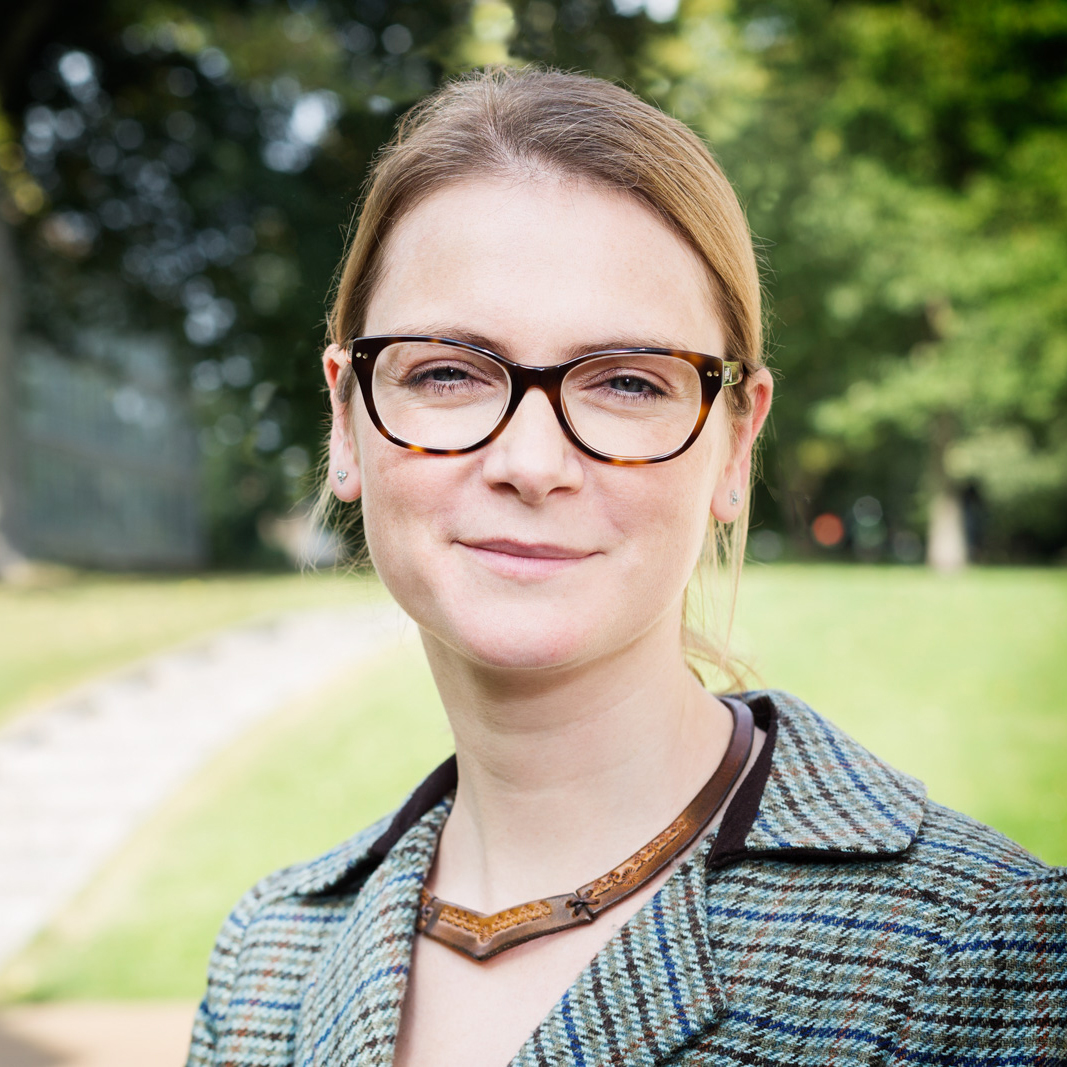
This interdisciplinary project demonstrates the significance of Irish adaptations of Greek tragedies in political discourse from the 18th to the 21st centuries. By charting productions, adaptations and translations in both English and Irish languages, by analyzing the choices of tragic subjects, the reception of performances and the circulation of published texts, it will be argued that Greek tragic models have consistently been aligned with a variety of political messages in Ireland, especially from the early 20th-century.
The politics in question are various depending on the historical context of production and the content of the plays, but include nationalist, linguistic, socialist, and feminist approaches, with recent adaptations having a global political message. The political tensions of appropriating classical models in a post-colonial context do not apply to Ireland as they do to other colonized nations, due to the pre-existing familiarity of the Irish with the Classics dating back to late antiquity, and this makes Ireland a unique case for further study.
Much scholarship exists on Irish theatre and on its relationship to Irish politics, and some scholarship has examined how major Irish authors allude to classical literature. However, no sustained examination exists of the place of Greek tragic models within the historical landscape of Irish theatre and politics. This project will fill a gap in current scholarship and will explain the enduring power and popularity of Greek tragedy in Irish culture.
Project title:
Greek Tragedy and Irish Politics
Area of research:
Classical Reception and Irish Studies
Fellowship period:
1 Oct 2016 – 30 Sep 2019
Fellowship type:
AIAS-COFUND Marie Skłodowska-Curie fellow

This fellowship has received funding from the European Union’s Seventh Framework Programme for research, technological development and demonstration under the Marie Skłodowska-Curie grant agreement No 609033 and The Aarhus University Research Foundation.
